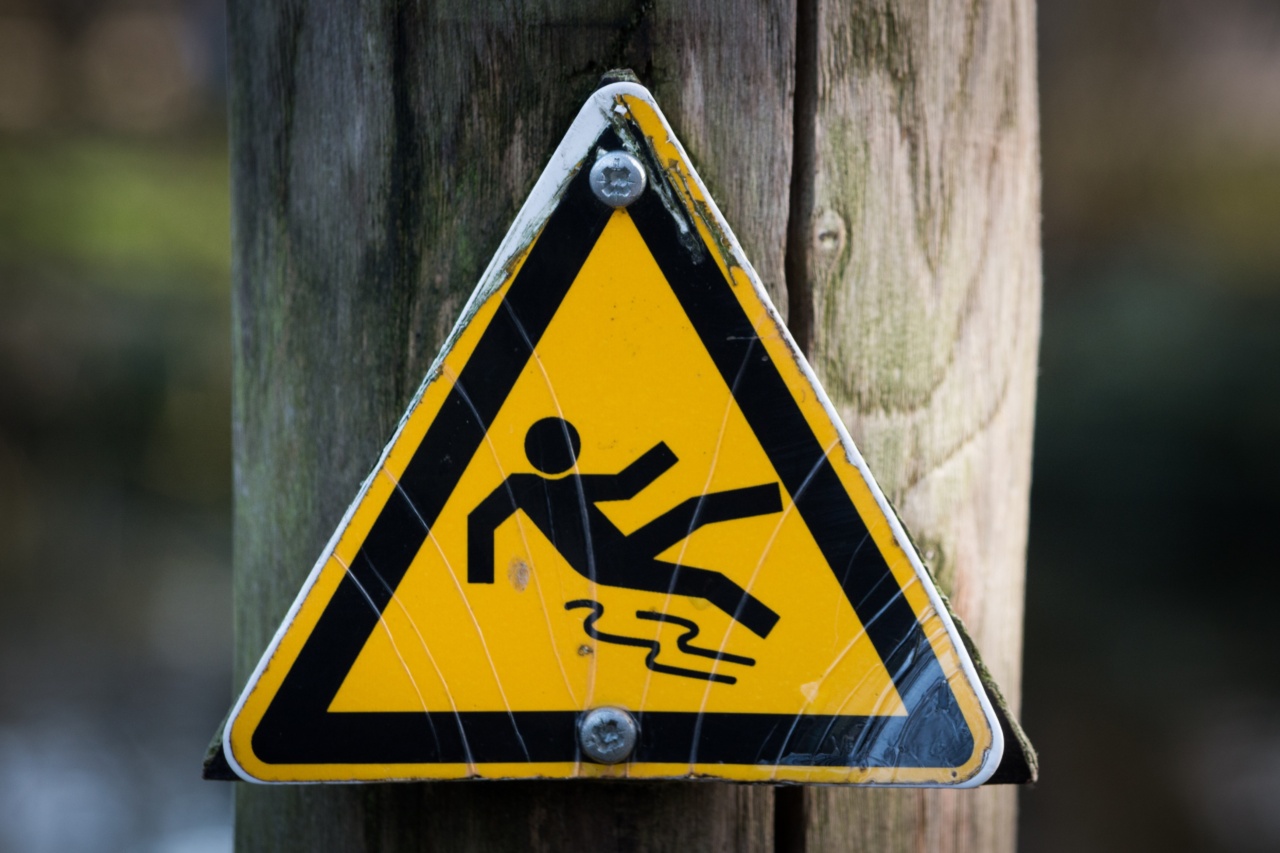Waking up feeling groggy and confused is something that most people have experienced at some point in their life. Whether it is due to a late night, a mild illness, or a restless sleep, feeling tired upon waking happens to everyone occasionally.
However, if you find yourself consistently struggling to get out of bed and your head feels foggy throughout the day, this could be a sign of a more severe underlying condition.
In this article, we will be discussing a dangerous condition that could be causing your morning grogginess and confusion.
We will explore what this condition is, how it affects your sleep, and what you can do to improve your sleep quality and overall well-being.
What is Sleep Apnea?
Sleep Apnea is a sleep disorder that affects millions of people worldwide. It is a severe condition where a person’s breathing repeatedly stops and starts throughout the night.
The most common type of sleep apnea is Obstructive Sleep Apnea (OSA), which occurs when your throat muscles relax too much, causing your airway to narrow or close entirely. This can lead to loud snoring, shallow breathing, or even a complete cessation of breathing, which can deprive your body of the oxygen it needs.
The result of untreated sleep apnea is a fragmented sleep pattern, where you are unable to get enough quality sleep, leaving you feeling tired and groggy throughout the day.
How Sleep Apnea Affects Your Sleep
Each time your airway closes, and you stop breathing, your brain wakes you up just enough so you can start breathing again.
This results in a cycle of disrupted sleeping patterns where you wake up many times throughout the night, but you are unaware of it. As a result, you may feel exhausted, cranky, and unable to concentrate during the day due to a lack of restorative sleep.
Sleep apnea can also cause oxygen levels in your body to drop, leading to a host of health problems, including high blood pressure, stroke, heart disease, and diabetes.
How to Recognize Sleep Apnea
Sleep Apnea can go undiagnosed for years as most people are unaware that they are waking up during the night. However, there are several signs that you or a loved one may be suffering from this condition, including:.
- Loud snoring, snorting, or gasping for air during sleep
- Pauses in breathing during sleep
- Waking up with a headache or dry mouth
- Feeling excessively tired throughout the day
- Waking up in the middle of the night feeling short of breath or choking
- Difficulty concentrating, especially in the morning
If you or a loved one has any of these symptoms, it is vital to seek a diagnosis and treatment as soon as possible.
How to Treat Sleep Apnea
The good news is that Sleep Apnea is a treatable condition, and there are several effective treatments available.
The most common treatment for sleep apnea is Continuous Positive Airway Pressure (CPAP), which uses a machine to deliver a continuous stream of air to keep your airway open while you sleep.
Other treatments may include oral appliances, which can help keep your airway open, or surgery, which may be necessary in severe cases.
Lifestyle changes such as weight loss, exercise, and quitting smoking can also help to reduce the severity of sleep apnea.
The Importance of Seeking Treatment
If left untreated, sleep apnea can lead to serious health problems that can significantly affect your quality of life.
Undiagnosed and untreated sleep apnea can cause low blood oxygen levels, leading to high blood pressure, stroke, heart disease, and diabetes.
Additionally, sleep apnea can significantly impact your ability to perform daily tasks, affecting your work, school, and overall well-being.
Seeking treatment is crucial to reduce the risk of developing these health problems and improving your sleep quality and overall quality of life.
Conclusion
If you are experiencing morning grogginess and confusion, do not brush it off as simple tiredness. It is essential to recognize the signs of sleep apnea and seek treatment as soon as possible.
With effective treatment, you can experience better sleep quality and reduce the risk of developing severe health problems associated with this condition.




























